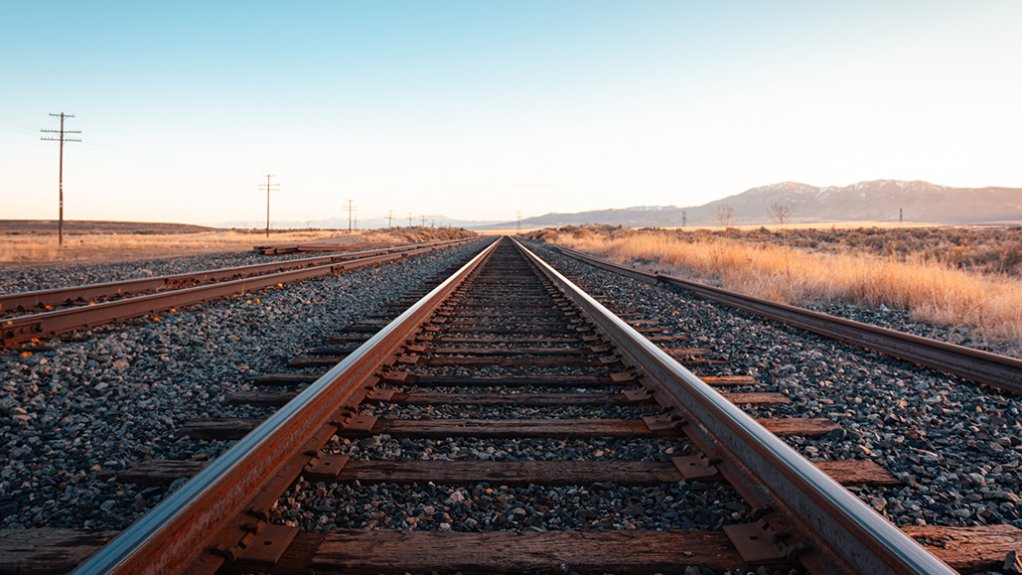Third-party access to the rail networks in South Africa will help to not only revitalise the rail industry but also have a ripple effect in ensuring job creation and economic growth, says local industry body African Rail Industry Association (ARIA) chairperson James Holley.
South Africa has “an enormous rail network”, with State-owned freight utility Transnet having a route network of 23 000 km, he adds.
ARIA conducted a study on the capacity use of the local network. Aside from 7% of the network being used to transport iron-ore and coal, the majority of the remaining 93% is used less than 30% in terms of capacity, says ARIA CEO Mesela Nhlapo.
“There is, therefore, a huge amount of capacity for us as private operators to layer on extra trains.”
Using this capacity ensures job creation, as more freight on trains means that more capacity will be required in terms of locomotives and wagons; more train capacity will also create more local manufacturing opportunities to assemble the locomotives and manufacture the wagons.
“It's likely that the locomotives will be assembled in South Africa because it makes sense to assemble these big, heavy machines here.”
With more customers entering the sector, the rail netwroks will also need service parts, ultimately creating knock-on benefits for rail industry participants in the rail supplier value chain, adds Holley.
Moreover, operators will also need to expand their ranks significantly in terms of drivers and maintenance technicians, and then administration, creating even more job opportunities.
“I do expect that it's going to be a sustainable programme, not a big lump programme that comes to an end, but a programme from a number of different operators that continues for years to come.”
Further, opening South Africa's rail network to private fee-paying operators creates a cost-effective gateway into Africa for local goods through the African Continental Free Trade Area, says Holley.
“By opening South Africa up to third-party operators, our regional partners will have the rights to operate in South Africa as long as they are cleared by the rail safety regulator and if they have an access agreement with Transnet,” he explains.
ARIA believes that by opening South Africa up to third-party operators and regional partners it is going to be “extremely pro-growth”.
Moreover, using rail is more beneficial compared to using road, owing to rail goods often being precleared and bonded goods, which means there are no border delays and, consequently, fewer time constraints, compared to using trucks.
International Competiveness
Third-party rail network access would also make South Africa internationally competitive, as certain freight groups believe that rail is a more effective mode of transport then road, says Holley.
For example, when automobile and commercial vehicle manufacturer Ford announced the expansion of the Silverton plant, it mentioned creating a rail superhighway between Port Elizabeth, in the Strunway district, and Silverton.
“The company said this rail superhighway needed to be created because globally, [Ford] product moves on rail, but in South Africa, it's moving on road, which renders [the company] uncompetitive with the other Ford plants globally against whom it competes for capital. [The superhighway is also needed] to expand operations and continue manufacturing.”
That competitiveness, in which logistics is at the heart of any economy, makes structural reform important for the competitiveness of the upstream economy, adds Holley.
He concludes that “there is no doubt that for any industry whose freight is rail centric that this third-party rail reform will enhance the competitiveness of the offering of the South African economy”.
Edited by: Zandile Mavuso
Creamer Media Senior Deputy Editor: Features
EMAIL THIS ARTICLE SAVE THIS ARTICLE
ARTICLE ENQUIRY
To subscribe email subscriptions@creamermedia.co.za or click here
To advertise email advertising@creamermedia.co.za or click here













